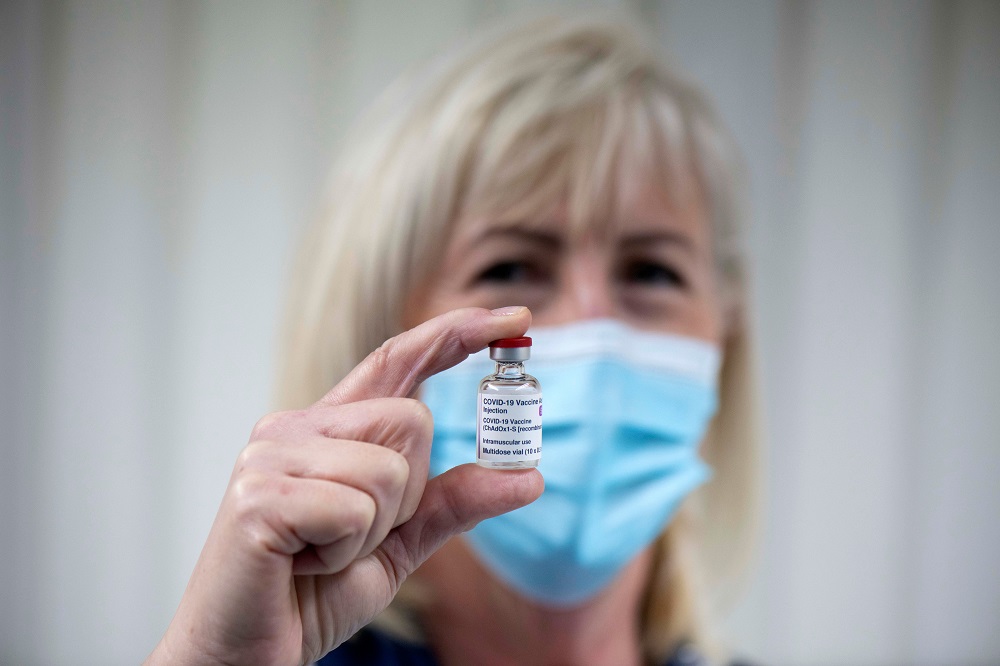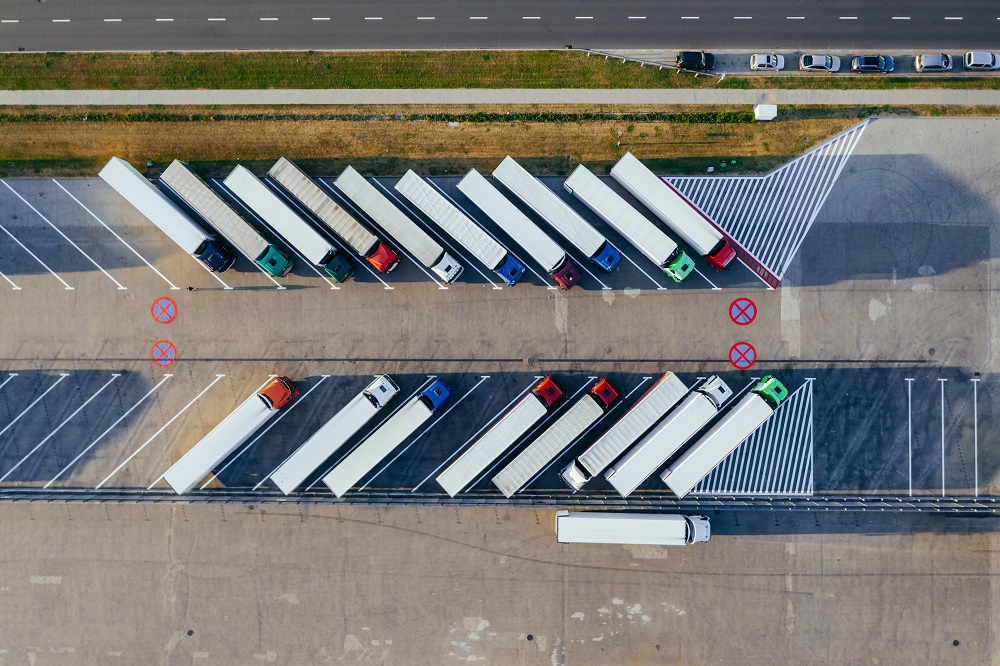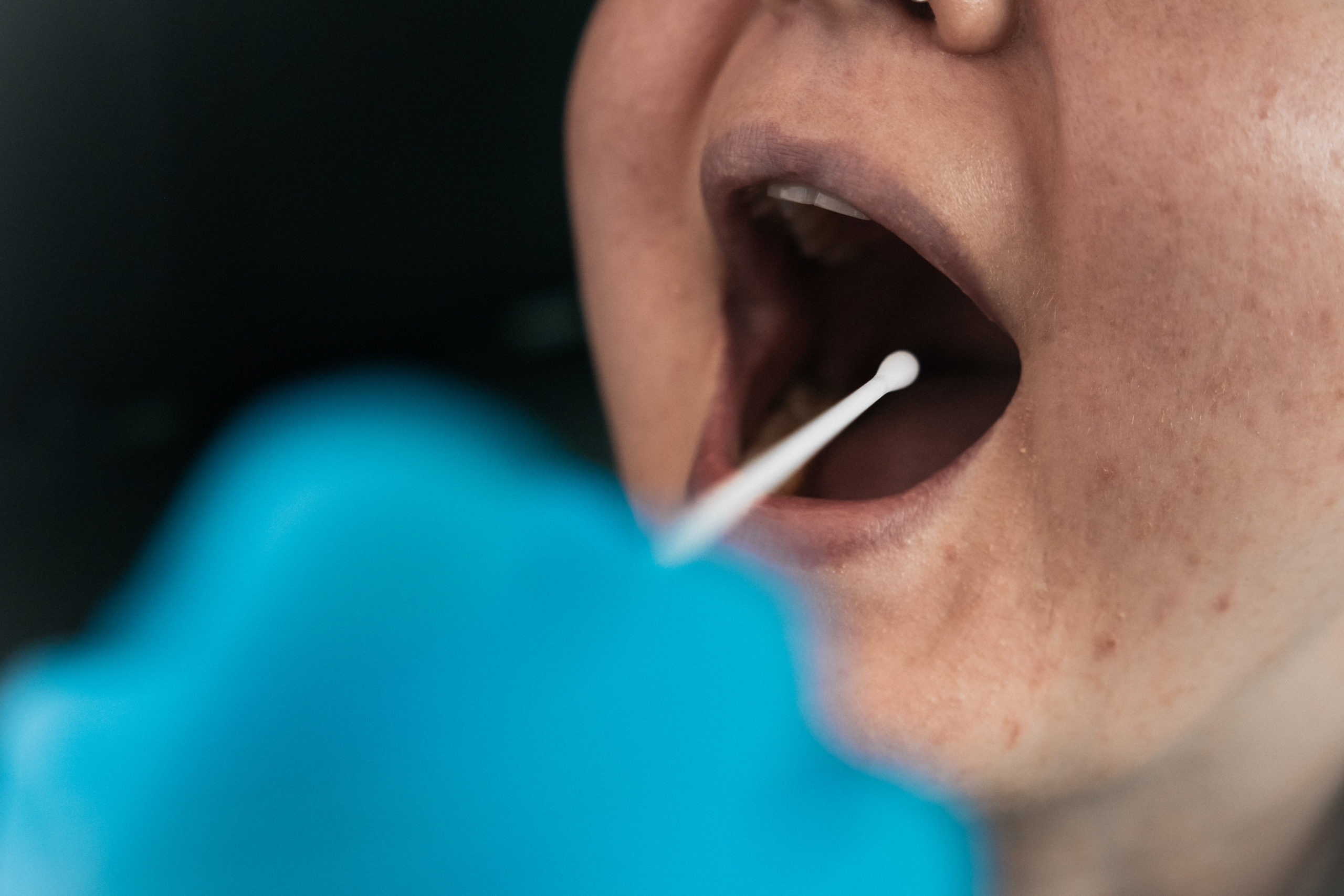News in brief: Covid deaths in Wales fall to the lowest level since October

Covid deaths in Wales have declined for the 10th week in a row and are at the lowest level since October last year, according to the latest figures from the Office for National Statistics.
In the week ending 26 March, the number of deaths registered in Wales involving Covid-19 was 32, down from 49 the previous week, accounting for just under 5% of all deaths and a fall of 3% from the week before.
The total number of deaths from all causes increased from 621 to 651, the first rise in five weeks but the number of total deaths remained below the five-year average for the fourth consecutive week.
According to the ONS, 7,796 people in Wales have died due to Covid since the start of the pandemic last March, 19.1% of all deaths registered.
Deaths counted by the ONS are when Covid-19 is mentioned by doctors on the death certificate and which occur in all settings – including hospitals, care homes, hospices and people’s homes.
The daily figures released by Public Health Wales only include the deaths of a hospital patients or care home resident where Covid-19 has been confirmed with a positive laboratory test and the clinician suspects this was a causative factor in the death.
Today’s update from PHW has reported six further deaths, taking the total to 5,527.
Four of the newly reported deaths were in the Betsi Cadwaladr health board area and Cardiff and Vale and Swansea Bay each reported one further death.
Since yesterday’s update 82 people have tested positive for coronavirus. Swansea (15) recorded the highest number of new cases followed by Cardiff (13).
The capital also currently has the highest weekly case rate in Wales at 37.1 per 100,000 people, while Swansea has the second highest at 35.2 and also has the highest positive test rate at 3.8% per 100,000 tests.
The national case rate is down from 22 yesterday, the lowest recorded in 30 weeks, to 21.1 and the weekly test rate remains steady at 2.2%.

Government says vaccine roll out in Wales won’t be slowed by AstraZeneca concerns
The Welsh Government says it doesn’t envisage a delay to the roll out of the Covid vaccine programme in Wales, despite new guidance that the AstraZeneca jab should not be given to people under 30.
The Medicines and Healthcare products Regulatory Agency said younger people should be offered an alternative vaccine due to evidence linking it with a raised risk of causing blood clots.
The MHRA found a risk of about one in a million people dying after a blood clot after having the AstraZeneca injection.
‘Effective’
A statement from the government said: “The Oxford AstraZeneca (OAZ) vaccine remains safe and effective and has already saved thousands of lives.
“The Welsh Government, Public Health Wales and NHS Wales are working with other agencies to continually monitor vaccine safety and will keep this issue under close review. In Wales, people’s safety will always come first and we will only use vaccines where it is safe to do so and the benefits continue to outweigh the risks.
“Vaccines are the best way out of this pandemic and provide strong protection against COVID-19 – it is important that when people are called forward, they should get their jab. “
Speaking on BBC Radio 4’s Today programme earlier, First Minister Mark Drakeford said:” “What we will do is manage the supply of vaccine we’ve got. We will use AstraZeneca, where the regulator says that that is the right thing to do.
“And then we will use the other vaccines we have – the Pfizer and the Moderna vaccines – for those age cohorts where the regulator says it would be better to make an offer of that sort.”

Holyhead freight traffic starts to rebound after sharp decline since January
New figures from one of the largest Irish Sea ferry operators says freight traffic from Ireland to Wales is starting to recover following a big decline at the end of the Brexit transition period on 1 January.
Due to delays caused by extra checks following the UK’s exit from the EU, a number of Irish freight operators switched to transporting goods on ferries sailing directly to France.
Over the first three months of the year, Brexit disruption caused Irish Sea traffic to fall by about 50% to Holyhead and Fishguard but the latest figures from Stena Line show the reduction in lorry numbers using Holyhead was down just 28% for the week ending on Easter Sunday.
The company said at least one major operator had resumed sending lorries to Holyhead and announced that from today it was doubling the number of sailings between Fishguard and Rosslare from 14 to 24 a week.
Freight traffic through Fishguard is down 59% in the latest figures, compared with the same week last year.
Paul Grant, Stena Line’s trade director Irish Sea, told BBC news: “The increase in frequency is good news for Fishguard, which had seen services reduced due to lower demand from freight and passengers, as a consequence of both the Covid-19 lockdowns and Brexit.
“As trade flows between Britain and Ireland begin to pick up we’re anticipating that confidence will recover for land-bridge freight movements.”

Second phase of community testing begins in Bridgend county borough
Hannah Neary, local democracy reporter
A second phase of targeted coronavirus testing has begun in Bridgend as part of a bid to prevent people without symptoms from spreading the virus.
People who live, work and study in the county borough can now get tested for the virus regardless of whether they have symptoms.
Angela Jones, deputy director of public health at Cwm Taf Morgannwg University Health Board, said: “One in three people with coronavirus show no symptoms. Community testing is an important part of our strategy to identify and isolate these asymptomatic cases of Covid-19 in our communities.”
Targeted community testing will take place over the next three weeks at sites in Bridgend, Porthcawl and the Ogmore Valley. The idea of the scheme is to reduce asymptomatic people spreading Covid-19.
The tests are aimed at people aged 11 and over, including anyone who has been vaccinated or recently undergone a test. This is because you can still carry the virus even if you have had a dose of a coronavirus jab.
Bridgend county borough had the lowest coronavirus case rate in Wales in the last seven days with 8.2 people per 100,000, according to figures from Public Health Wales from April 7.
Monmouthshire and Powys had the second-lowest rates (10.6) while Cardiff had the highest at 37.3.
Before the December lockdown, Bridgend had the second-highest case rate in the UK at 1,160 cases per 100,000.
The first phase of “targeted community testing” in Wales took place earlier this year in Bridgend, Merthyr Tydfil and Rhondda Cynon Taf (all within the Cwm Taf health board area).
In Bridgend, 1664 tests were carried out, compared with 4477 in Rhondda Cynon Taf and 1329 in Merthyr Tydfil. The number of tests is not the same as the number of people tested.
In February, Vaughan Gething said 250,000 workers in high risk public and private businesses would be offered weekly tests.
Ms Jones said: “We know asymptomatic testing works, as our mass testing pilot at the end of the last year was found to have prevented more than 350 cases of coronavirus and saved the NHS more than £10 for every £1 spent.
“We’re not carrying out asymptomatic testing in the Cwm Taf Morgannwg area because we’re expecting cases to rise, but because we want to keep them low.
“By preventing people from unknowingly spreading the virus, we can make sure infection rates continue to fall in Merthyr Tydfil, Bridgend and Rhondda Cynon Taf. This is especially important as restrictions ease over the next few weeks.
Support
“It’s down to the support and hard work of our communities that case rates are falling. To keep rates low, we’d like to encourage everyone living or working in areas where the community testing programme is available to get a free test at their local centre.
“You should visit your local authority’s website for full details on the community testing programme in your area.”
The UK Government’s approach to mass testing is different to the Welsh Government’s strategy. People in England will be offered rapid lateral flow tests twice weekly from Friday, April 9, even if they do not have symptoms.
In Bridgend county borough, walk-in centres are open for community testing from 9.30am to 6.30pm on weekdays and 10am to 4pm on weekends.
The three centres are based at the following sites:
Ogmore Valley Life Centre, Aber Road, Ogmore Vale, CF32 7AJ (from Wednesday 7 April to Tuesday 13 April)
Evergreen Hall, Angel Street, Bridgend, CF31 4AD (from Wednesday 14 April to Tuesday 20 April)
Awel-Y-Mor Community Centre, Hutchwns Terrace, Porthcawl, CF36 5TP (from Wednesday 21 April to Wednesday 28 April)
Visitors to the centres will undertake a swab test which is then processed at the premises, with results revealed in 30 minutes. If a test comes back positive, participants will be told to self-isolate while they wait for another test to confirm the result.
Anyone taking part is advised not eat for half an hour before gettting tested.
To register, you can download a Covid-19 QR code app via the NHS website.
Support our Nation today
For the price of a cup of coffee a month you can help us create an independent, not-for-profit, national news service for the people of Wales, by the people of Wales.




